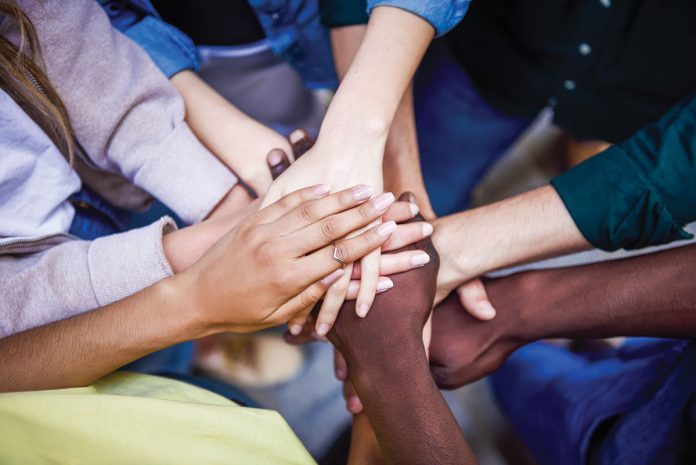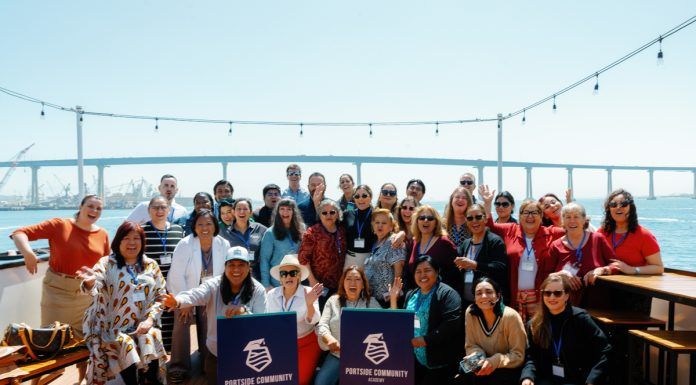On March 19 California Gov. Gavin Newsom told 40 million Californians to stay home.
While the shelter-in-place order aimed to slow the spread of COVID-19 and keep people safe, for people who live with an abusive partner or parent it held potential for increased vulnerability.
Months later the resulting picture in South San Diego is complex:
National City Police Department shows a decrease in assault calls, from 54 calls received from January through March, down to 44 received from March through May.
However, Chula Vista Police Department reported an increase in domestic violence calls.
They received 885 calls from Dec. 14, 2019, to March 12, 2020. That number went up to 1,001 calls for the three months spent sheltering in place from March 13 to June 10.
“What we thought and anticipated was an increase in domestic violence and child abuse. We were also anticipating a decrease in potential surveyors reaching out because of stay-at-home orders where the perpetrator was in the same home so we’d see a decrease in calls, whether it was to our agency or law enforcement,” said South Bay Community Services Child Well Being Department director Valerie Brew in June.
SBCS program director Analicia McKee cautioned the numbers are hard to take at face value because many people are not able to reach out for help when their abusers are constantly at home.
“We are currently receiving a higher than average number of calls for the month of June coming in from law enforcement. Through our hotline and our shelter, people are making the decision to leave the home but right now with COVID there are some added fears and tactics that abusers are using — shelters are closed, fear of catching COVID in a shelter-type setting and such,” McKee said.
Brew said the agency received 120 calls in May, a higher average than usual.
“A couple of things we hadn’t anticipated is that once people responded to the scene there was fear of the hospital because of the image of a long waiting list, or a fear of COVID physical evidence even with a restraining order. And, with some of our cases that are coming in, some are reporting that the cycle of violence is getting shorter and shorter, that honeymoon phase (a relatively peaceful phase in the abuse cycle) is shorter, so the frequency of the violence is increasing,” Brew said.
Prior to the pandemic, McKee said the agency worked hand-in-hand with law enforcement and would go on-scene following a domestic violence call to assess the situation and provide follow- up services.
“Now, we’re providing virtual responses, which has its challenges. A lot of that has to do with the fact that if a victim is still home with the perpetrator, they can’t talk freely,” McKee said.
Brew adds that it is not uncommon for cell phones to get broken during disputes but stores have been closed to repair needs and there are limitations to where abused individuals can go under COVID as retail shops and restaurants fluctuate with opening and reopening guidelines, and homeless individuals can be harder to reach virtually due to unsteady internet service.
“Arrest patterns are different and even if there isn’t an arrest, I would definitely say it does have an impact. It contributes to the violence in general, like ‘Look, I didn’t get arrested’. It’s why services and advocates are important to provide a different landscape for the victim,” McKee said.
Brew said their main agency remains physically open so anyone can walk in and seek help.
“We still have our 24-hour hotline (800-640-2933), we are still operating our emergency shelter and we are putting families in a safe hotel. All the counseling is virtual and fairly seamless,” Brew said.
“Our first priority is partnering with law enforcement to see when we can go to a live response. The other thing is we’re looking into partnering with schools. We’re going to be receiving calls from schools on children who did not connect on distance learning because we definitely suspect they might be at increased risk of domestic violence and abuse. We want to be able to provide support and assist the entire family with our needs,” Brew said.
“Help is out there, no matter what messaging someone might be hearing from home. Everything is still running. Do not hesitate to reach out,” Brew said.















